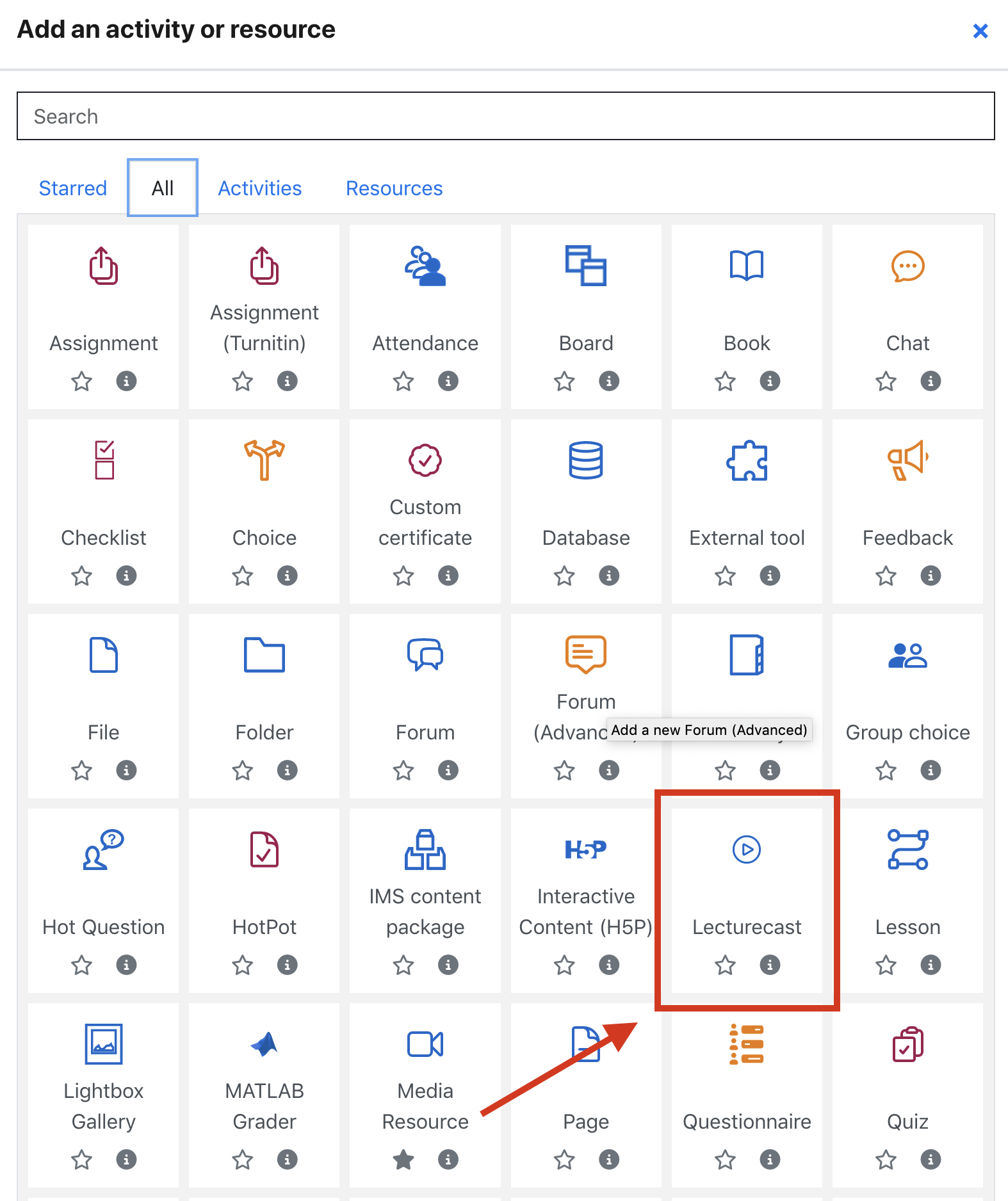Moodle exam guard, and 23/24 course read only date
By Pauline Harding, on 22 November 2024
Moodle Exam guard
Exam guard will prevent users from editing their course from 10 minutes before the start of a Moodle quiz until 10 minutes after the quiz has finished. Exam guard does this by looking at the “open the quiz”/ “close the quiz” setting when a Moodle quiz is created. The course editing freeze will only apply where the Moodle quiz is open for less than 5 hours as it is designed to target Moodle quizzes being used for controlled condition exams. To avoid any disruptions, we recommend setting the “Open the quiz” time to match the exam start time when creating the quiz, as well as leaving the quiz availability setting on “Show on course page” rather than “Hide on course page”.
A banner will appear at the top of your course when Exam guard is in effect.
For further details, please refer to our wiki guide.
23/24 Moodle course read-only date
The read-only date for many Moodle courses from the 23/24 academic year will be activated on 29th November, 2024. Once the Read-Only date is reached a course becomes uneditable. If you will need any 23/24 courses to remain editable after 29th November, please adjust the read only date on the course as needed, and while the course is editable.
For guidance on amending the read-only date before it is globally activated, please refer to our Moodle miniguide.
If you need additional assistance, please contact us via MyServices.
Kind regards
Digital Education team
 Close
Close











